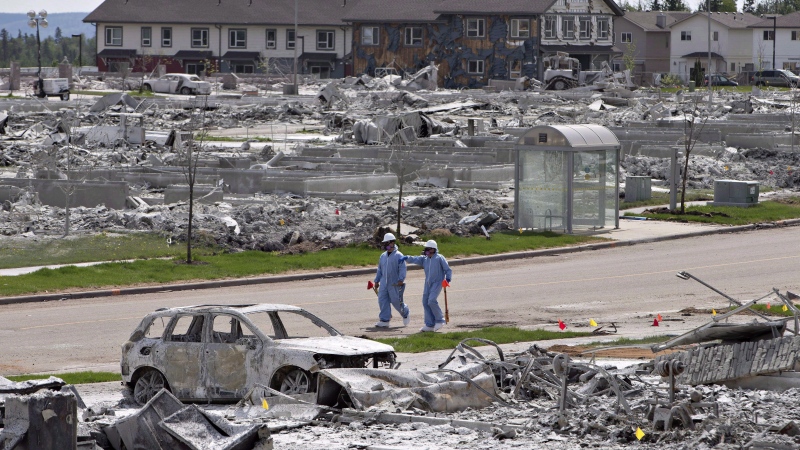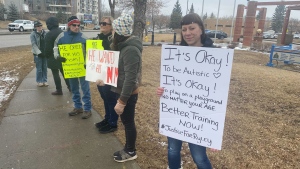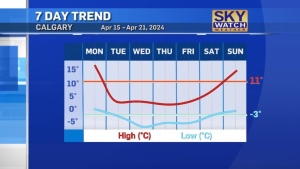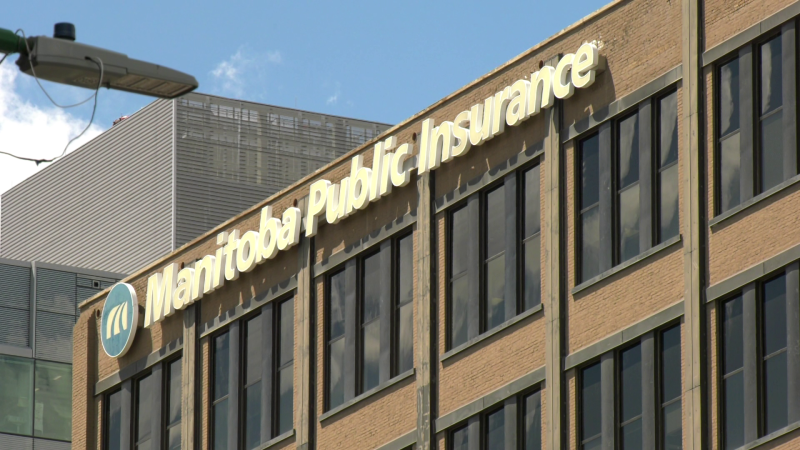The aftermath of a series of natural disasters has left Canadians reeling as insurance claims continue to skyrocket and tensions remain high. From floods to wildfires, the country has been hit hard in recent months, leaving many communities struggling to recover.
According to the Insurance Bureau of Canada, the number of claims filed for natural disasters in 2020 was the highest in the past decade. This includes a record-breaking 10,000 claims for the devastating wildfires in British Columbia alone. The total cost of these claims is estimated to be in the billions of dollars.
But it’s not just the financial impact that has Canadians on edge. The emotional toll of these disasters is also taking its toll. Many families have lost their homes and livelihoods, and the trauma of these events will have a lasting impact on their lives.
In addition to the financial and emotional strain, tensions between insurance companies and policyholders are also on the rise. Many are frustrated with the slow process of filing claims and receiving payouts, while others are facing denials or inadequate coverage.
The Insurance Bureau of Canada has acknowledged the challenges faced by both insurers and policyholders in the wake of these disasters. They have urged patience and understanding as they work to process the high volume of claims and provide support to those affected.
In the meantime, the government has also stepped in to offer assistance. The federal government has announced a $2 billion disaster mitigation and adaptation fund to help communities better prepare for and respond to natural disasters.
As Canadians continue to grapple with the aftermath of these disasters, it is clear that more needs to be done to address the growing threat of climate change. The need for better disaster preparedness and mitigation strategies is evident, and it is crucial that all levels of government and the insurance industry work together to find solutions.
In the face of these challenges, it is important for Canadians to come together and support one another. Whether it’s through donations, volunteering, or simply offering a helping hand to those in need, we can all play a role in helping our communities recover from these natural disasters.




